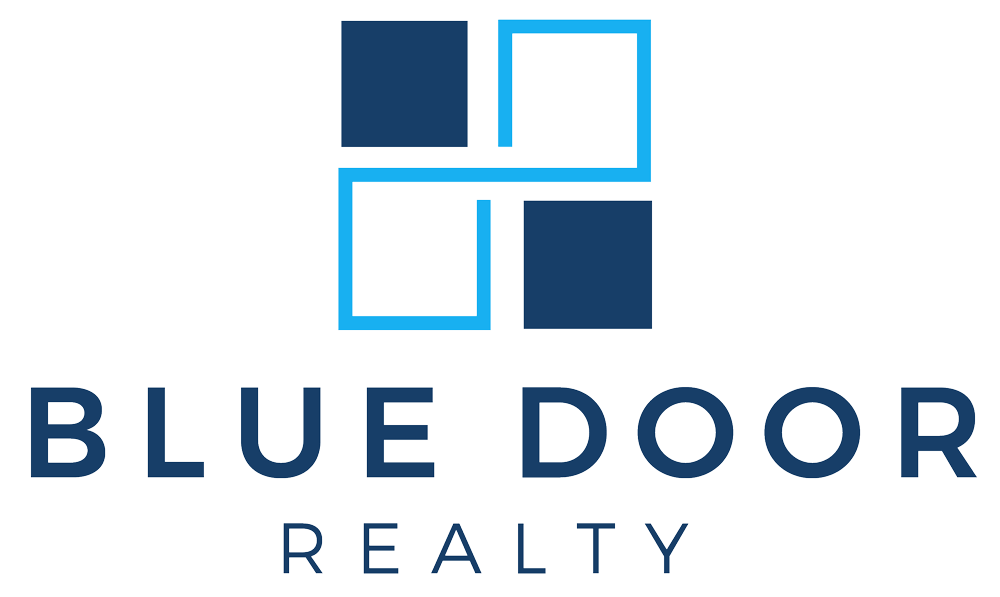Given that investing in property offers little risk exposure in contrast to investing in volatile stocks, it is understandable that people want to learn more about property investment. The common barrier to entry is often the higher cost of purchasing an investment property.
Properties present opportunities to earn more whether you have a short or long-term horizon. You can sell the property at a higher price or transform it into a rental unit to generate a monthly cash flow. The more you diversify your investments, the easier it is to manage the exposure to risks.
Since we all know that property investments require larger funds, it pays to do thorough research and evaluate the properties presented to you so you can maximize the property deals offered around you. It is also recommended to assess each financing option available before deciding on a property investment.
In this guide, Blue Door Realty will help you navigate different alternatives for financing that are accessible, helping you decide which one suits your needs.
What Are the Different Kinds of Loans and How Does Each Work?
Conventional Bank Loans
When you are a residential homeowner, you may be familiar with conventional financing. It is not government-backed and requires residents to make a 20% downpayment of the total price of a property. However, some lenders may accept less than 20% if you have excellent credit and income.

The rule changes when it comes to financing an investment unit. Lenders may require you to place a 30% down payment. Investors with satisfactory credit scores and credit history can easily get approved and access a good rate.
Borrowers must prove they can meet the monthly payment obligations, especially if they are currently paying for another mortgaged property.
Hard Money Loans
Investors can also consider a hard money loan if they plan to buy and sell a property for the short term. Hard money loans are not ideal for long-term property investors since the interest rates can be high compared to other means of financing.
The upside of hard money loans over other regular loans available is that they won’t require a ton of paperwork to submit. Another is that a lender focuses more on how much profit a piece of real estate brings in rather than the income and credit history of the buyer.
Meanwhile, there are downsides to hard money loans as well. The interest can be steep and the terms are shorter. In addition, loan-related fees can also run high and the loan must be paid back in less than a year.
Private Money Loans
When you seek financing from an individual, such as a friend or relative, this is known as a private loan.

Building your real estate investment network can lead to finding private money lenders, especially if you participate in local property investment gatherings, which draw in people willing to lend you enough capital to acquire an investment property.
Given that there are plenty of private money lenders, the terms and rates can be diverse. A contract agreement may be drawn up to foreclosed property in case the borrower fails to pay back the loan at the agreed time.
Home Equity
Another available method to access property investment financing is to get a home equity loan, a home equity line of credit (HELOC), or a cash-out refinance.
This lets you access the home equity value up to 80% so you can buy and renovate your investment property. Rates can heavily vary for home equity since it will depend on prime rates.
What is categorized as a property investment?
Investment properties refer to real estate that you will not be staying in but may rent out to gain additional profit.
Investment Property Financing Requirements
Lenders typically have different requirements depending on the type of financing you seek. Private money lenders prioritize your relationship with them.
In contrast, hard money lenders may be more concerned with the level of demand a property exhibits and its estimated after-repair value (ARV).

Other financing options, such as home equity loans, home equity lines of credit, and conventional loans have more stringent criteria before approving an application. They will be more focused on the income you earn and your credit score.
Excellent Tips When Applying For Financing
Put Down a Huge Down Payment
Even if the commonly required down payment for most lenders is 20%, adding an extra 5% is more favorable since you end up getting a better rate of interest. The reduction in risk makes lenders more willing to offer better rates and terms.
Nurture a Good Credit Score
Since credit score is often a main factor in evaluating a loan application, do your best to present a good credit score. Establish your credit history so it will reflect that you pay your dues on time. If your credit score is low, then the interest rate given can be higher.
Link Up with a Local Bank or Broker
You can be more successful at applying for financing at a local bank compared to bigger financial institutions. Community banks are more open to approving loans to help in the economic growth of a local area. They often welcome local investments.

Getting in touch with mortgage brokers is also a good strategy since they have wider access to financing solutions. Make sure to evaluate the professional background of a broker before making a decision.
Bottom Line
Just like other types of investment, putting your money on real estate has its risks. To earn back ROI, you often need to consider a long-term horizon.
You can ensure a successful investment, by making sure you can afford it. You also need to look for more ways to lower the interest as time passes. You might even need to refinance down the line to take advantage of the better rates and terms available in the market.
Contact Blue Door Realty to learn more about our property management services!
